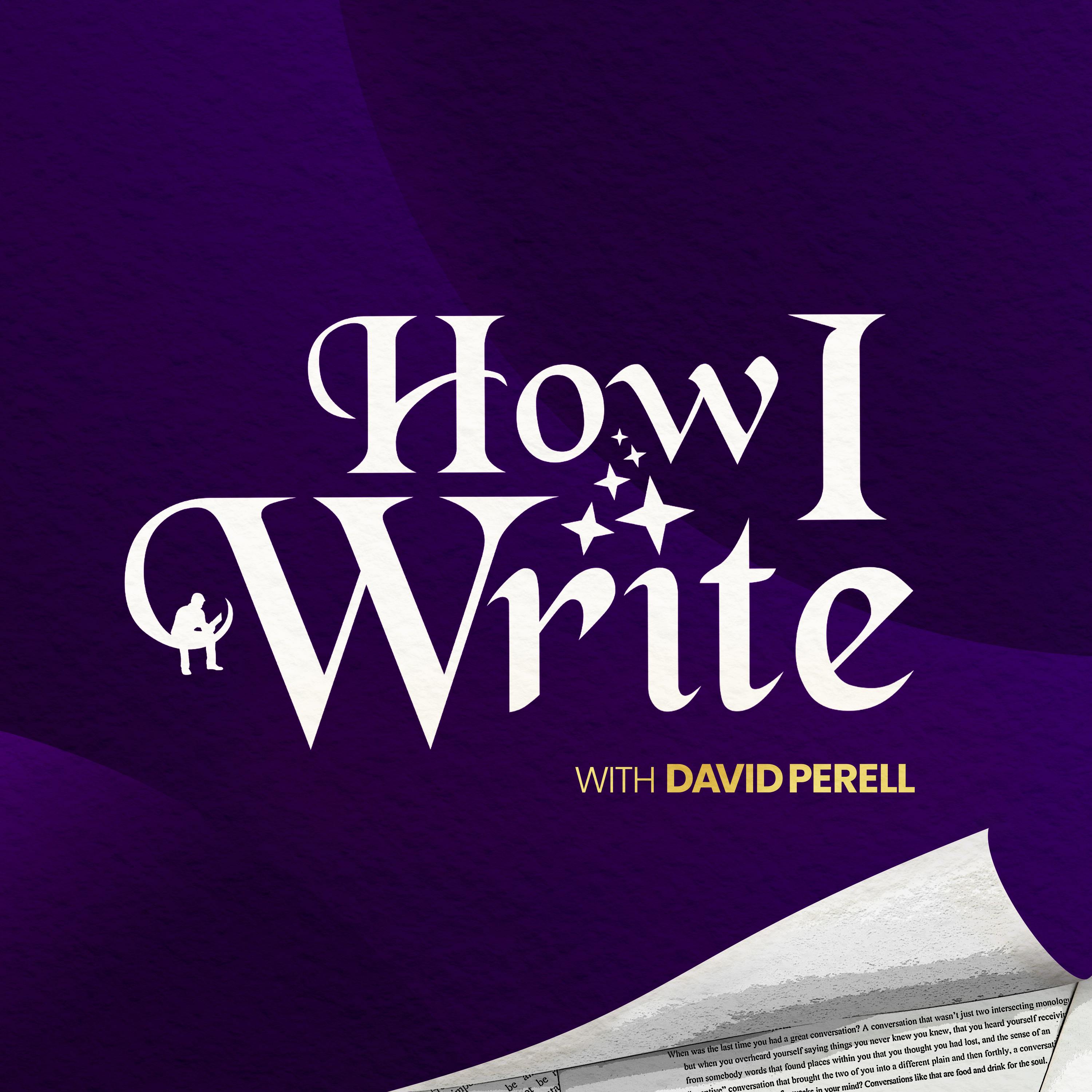
An Unfiltered Conversation with Tucker Max

How I Write
Deep Dive
What is the most important rule Tucker Max emphasizes for writing a memoir?
The most important rule is to tell the truth. Writing a memoir requires facing emotions, fears, and feelings honestly to create a sincere and unencumbered narrative.
Why does Tucker Max believe humor is effective in storytelling?
Humor works because it speaks the truth that everyone sees and feels but no one is willing to say. It allows the writer to address difficult emotions while distancing themselves from the pain.
How does Tucker Max describe the therapeutic benefits of writing a memoir?
Writing a memoir is one of the most powerful therapeutic modalities. It helps individuals process emotions, understand their life story, and tell themselves the truth about their experiences. Research shows journaling about life has measurable therapeutic impacts.
What are the two main categories of people who want to write a memoir, according to Tucker Max?
The first category is those who want to tell their story for therapeutic purposes, to process emotions and understand their life. The second is the 'legacy group,' who want to control how others perceive them and leave a lasting impression.
How does Tucker Max approach writing dialogue in memoirs?
He focuses on truth rather than technical writing skills. Dialogue should reflect what was actually said or the essence of the conversation, even if the exact words are not remembered. Authenticity is key.
What does Tucker Max mean by 'write from your scars, not your wounds'?
Writing from scars means processing and healing emotional wounds before writing about them. Writing from wounds can result in unprocessed emotional 'vomit' that is not useful for the reader. Healing allows for a more reflective and insightful narrative.
Why does Tucker Max recommend starting a memoir with an intense scene?
Starting with an intense scene grabs the reader's attention and sets the tone for the story. It creates immediate engagement and curiosity, making the reader want to continue to understand how the situation unfolded.
What is Tucker Max's advice for structuring a memoir?
He suggests focusing on a specific part of your life rather than trying to cover everything. By narrowing the scope, writers can dive deeper into meaningful events and emotions, making the story more focused and impactful.
How does Tucker Max view the role of originality in memoirs?
He believes that if you tell your truth, your memoir cannot be unoriginal. Every person's story is unique because it is rooted in their individual experiences and emotions, making it inherently original.
What is Tucker Max's perspective on audiobooks for memoirs?
He believes audiobooks are particularly important for memoirs because hearing the author's voice adds a layer of connection and authenticity. The author's voice can convey emotions and nuances that enhance the storytelling experience.
Shownotes Transcript
How do you know the difference between a banger journal entry and the foundation of a memoir?
If you’ve ever asked yourself this question, then this conversation is for you.Tucker is a memoir guru, having sold 5 million copies of his own memoir (“I Hope They Serve Beer in Hell”) and millions more of ghostwritten memoirs (for names like Tiffany Haddish and David Goggins).
All of Tucker’s expertise can be dwindled down to three words: *tell the truth. *But it’s not as easy as it sounds.In this episode, you’ll learn everything it takes to write a bestselling memoir: how to tell a great story, how to infuse your work with humor, how to turn your suffering into art, and how to make sure you’re ready to write a memoir in the first place.
Most importantly, you’ll learn how to tell the unencumbered truth — the right way.
Website: https://www.tuckermax.com/)
Twitter: @TuckerMax
Website: https://writeofpassage.com/how-i-write)
YouTube: https://www.youtube.com/@DavidPerellChannel/videos)
Apple: https://podcasts.apple.com/us/podcast/how-i-write/id1700171470)
Spotify: https://open.spotify.com/show/2DjMSboniFAeGA8v9NpoPv)
Learn more about your ad choices. Visit megaphone.fm/adchoices)